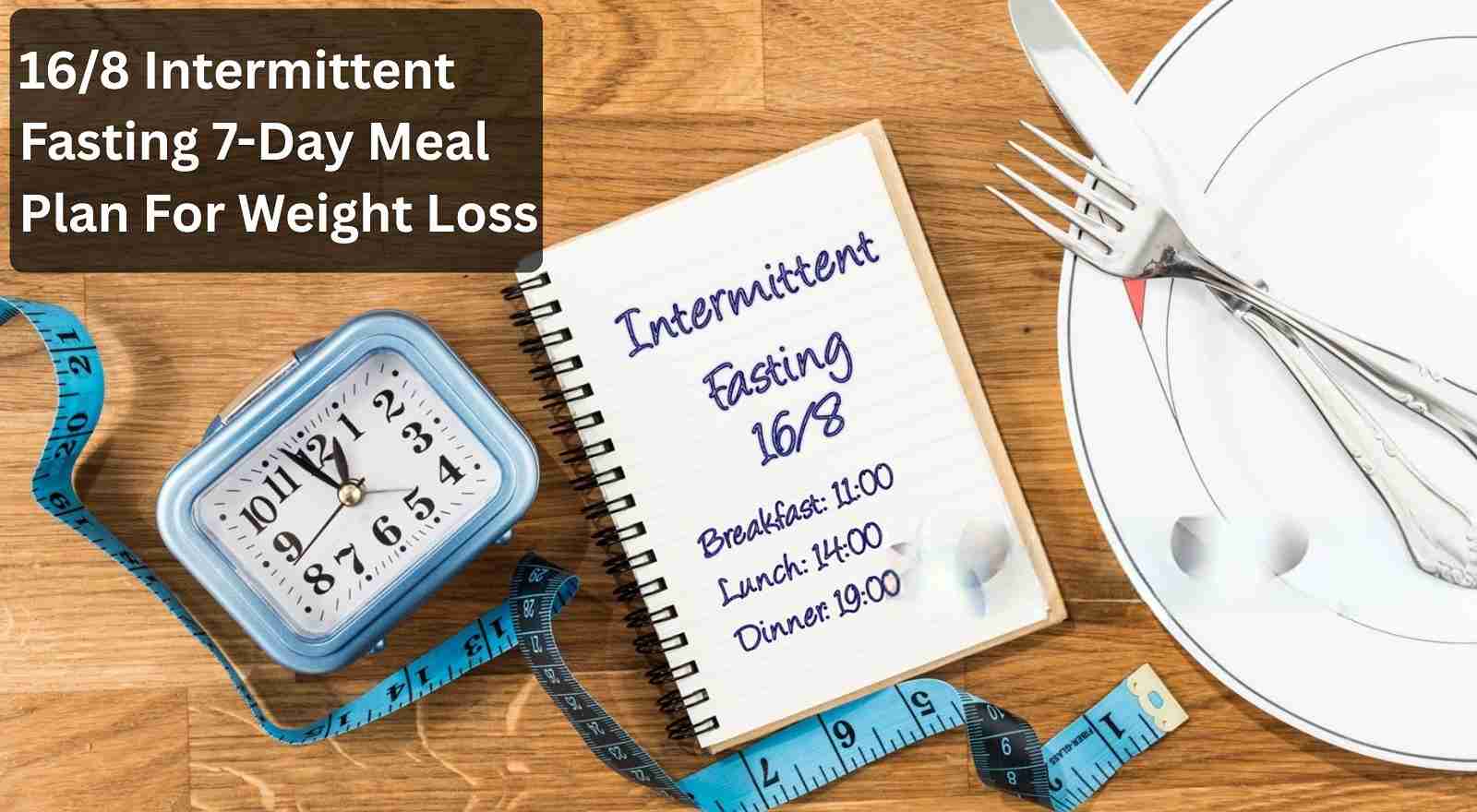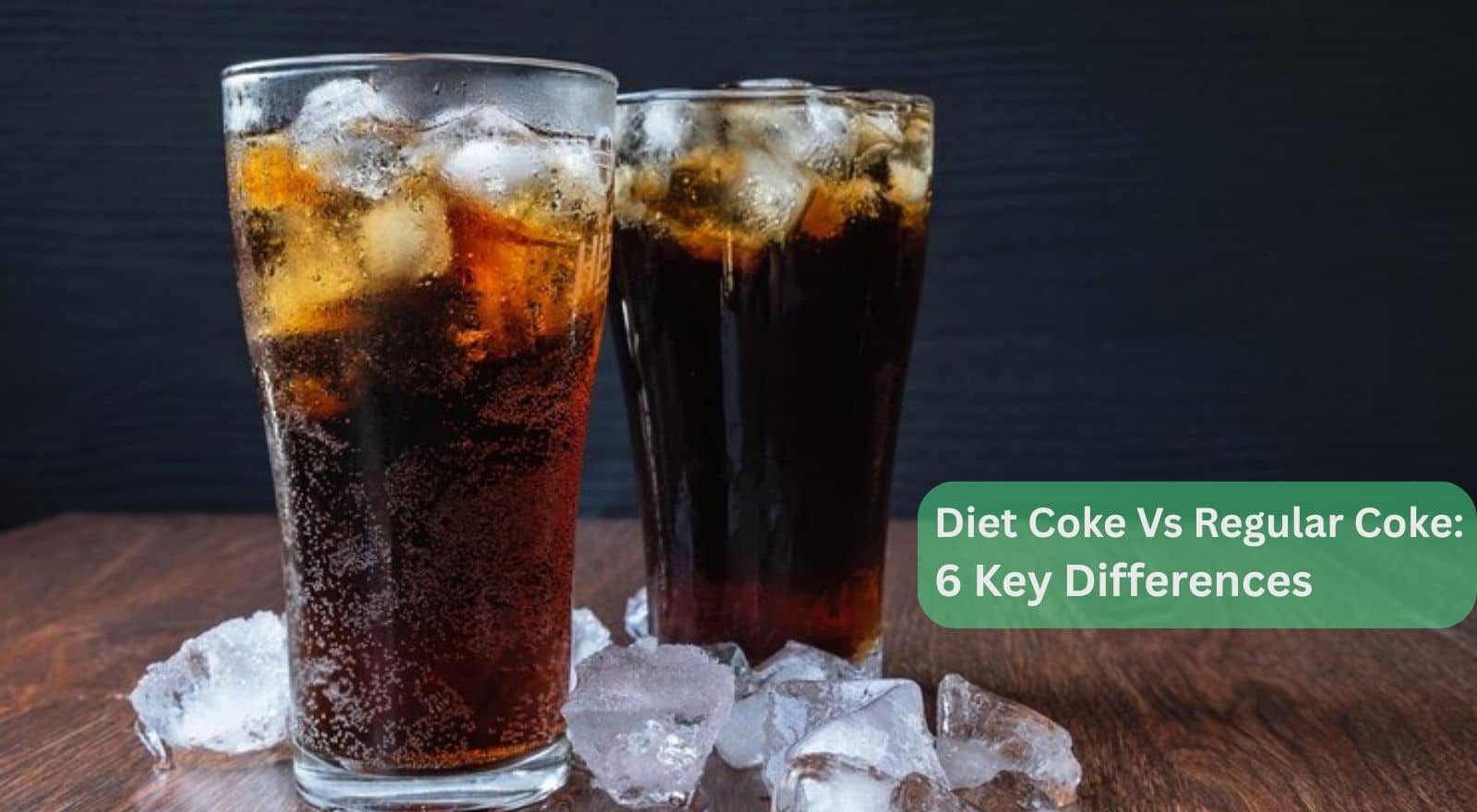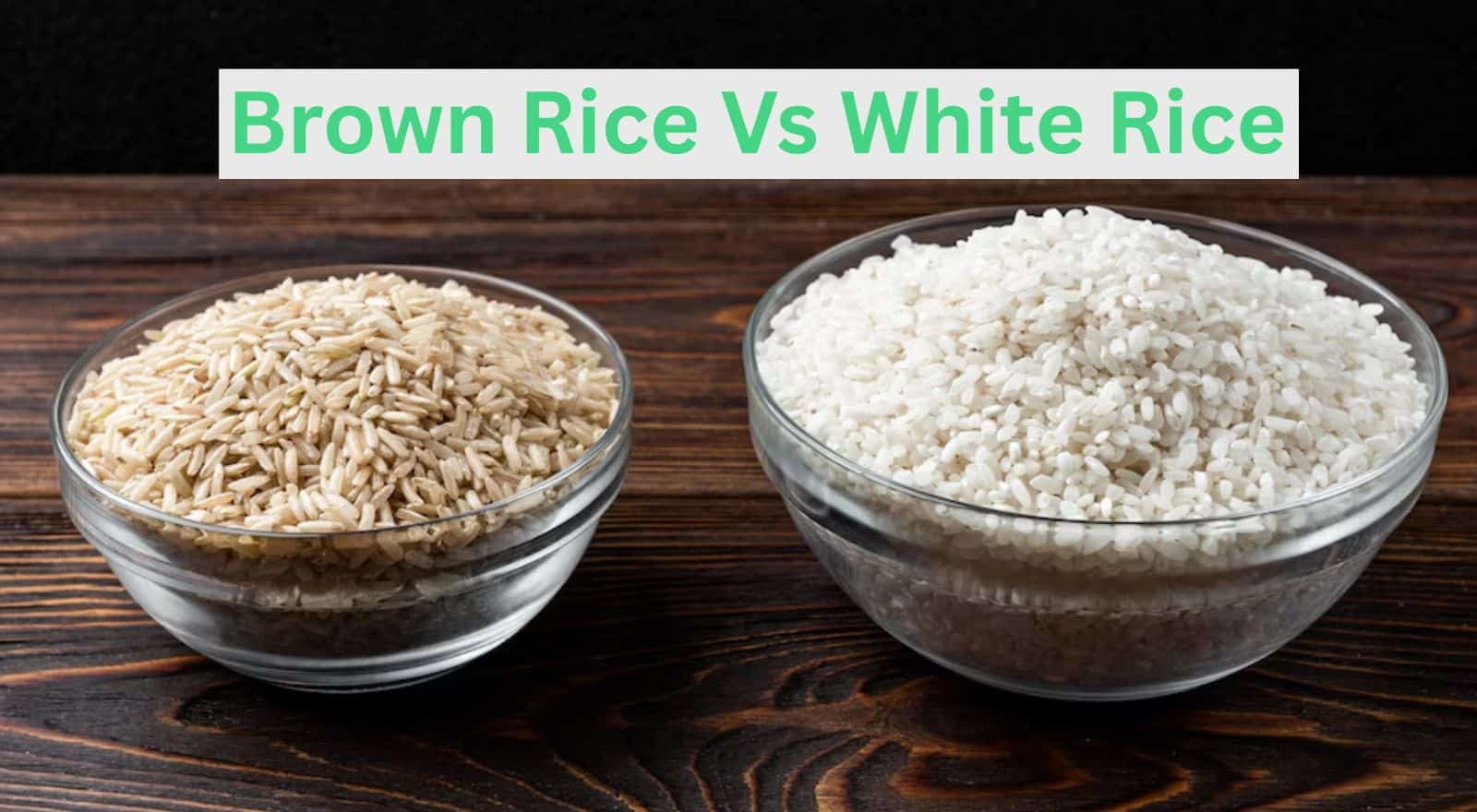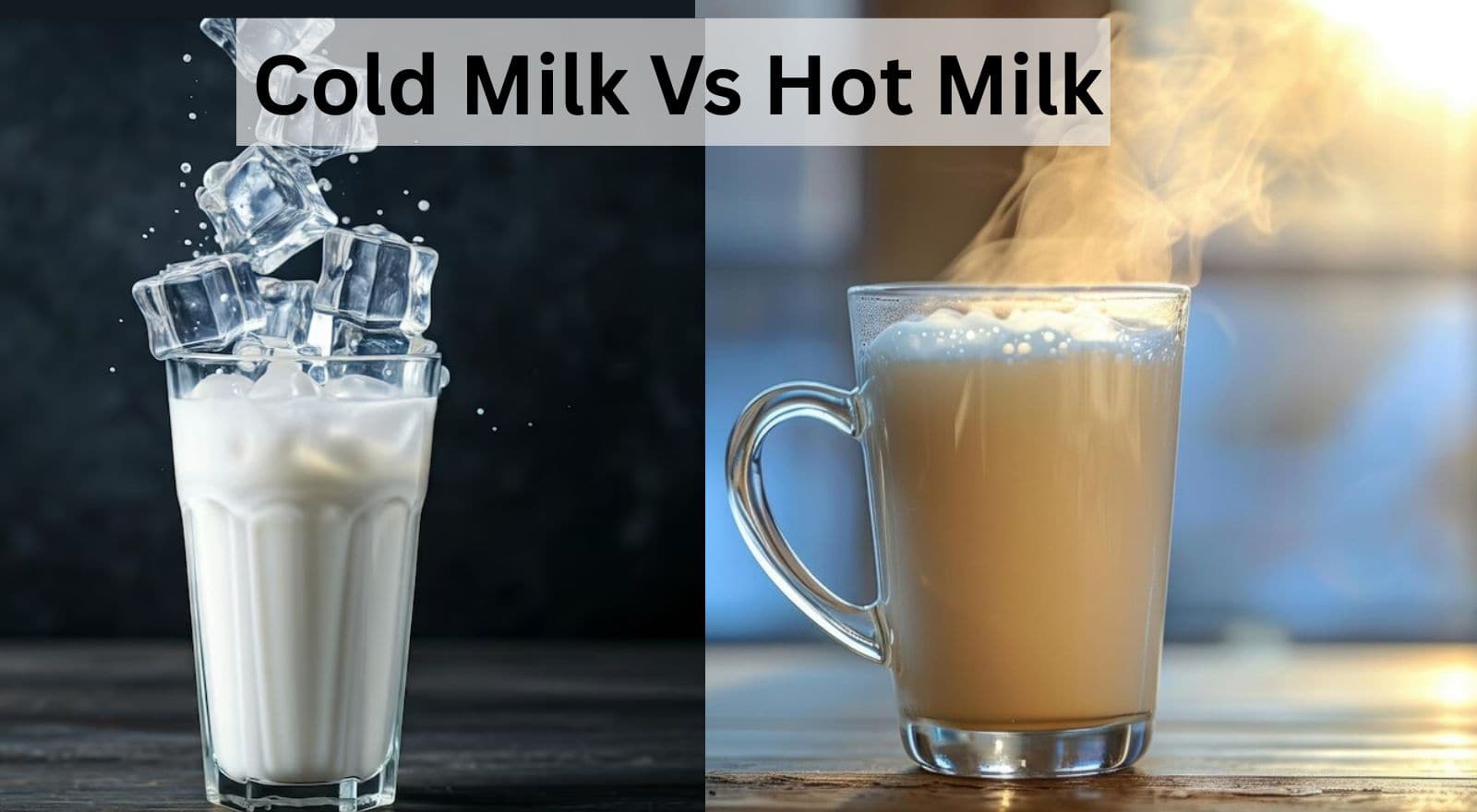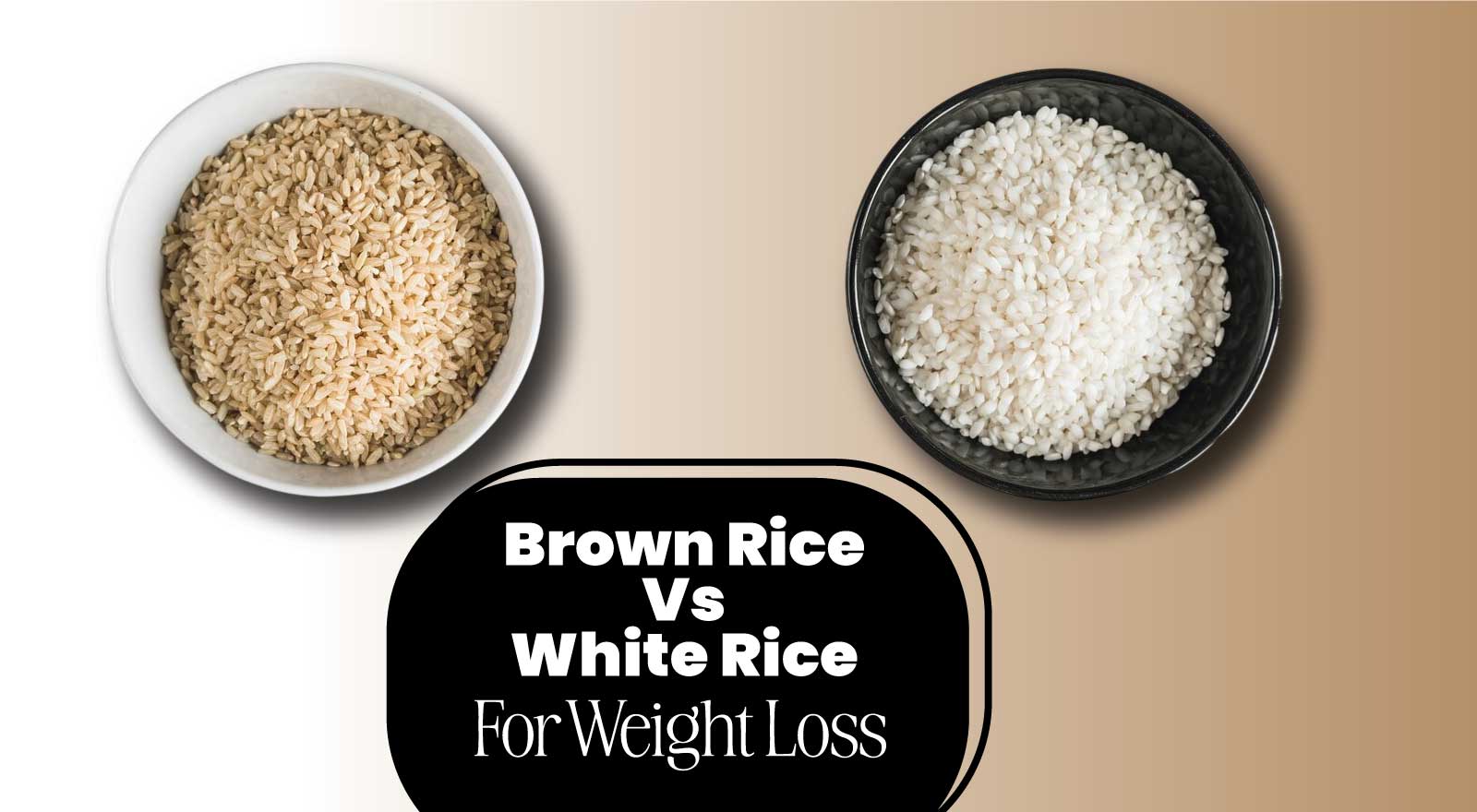Welcome, all amazing athletes and fitness enthusiasts. Were you ever left confused because the number on the scale doesn't match the superhero you see in the mirror? You're not alone! The trusty Body Mass Index (BMI) has been the go-to health gauge for ages, but sometimes, there are limitations.
BMI has served as a fundamental tool to assess an individual’s health status and offers insights into whether body fat levels are within a healthy range. The screening process of BMI for athletes determines whether you are underweight, have normal weight, overweight, or obese. Your health risks can significantly increase if your BMI falls outside the recommended range.
BMI directly does not measure your body fat or consider an adult's age, gender, race, or muscle mass. BMI for athletes is a good indicator for most of the population, but it is not infallible. For people with a muscular physique, especially bodybuilders or other stocky, muscular athletes, their BMI may indicate that they are overweight, even if they are slim and healthy.
The BMI equation cannot be adjusted to account for an athlete's body type. Instead, use other methods to make sure your weight is healthy. While BMI for athletes is a valuable indicator for many, it has limitations, particularly for individuals with muscular physiques, like bodybuilders. Despite being lean and fit, their BMI inaccurately labels them as overweight due to the equation's inability to differentiate between muscle and fat. Consequently, reliance solely on BMI for athletes leads to misinterpretations of your health status.
This blog explores BMI for athletes, discussing how BMI applies differently to males and females in athletic health. It also includes a range of obesity in athletes you must avoid. So, keep reading!
Table Of Contents
- What Is A Good BMI For A Fit Person?
- What Is A Healthy BMI For An Athlete?
- Why Do Athletes Have Higher BMI?
- BMI In Athletes Female
- BMI For Athletes Male
- Dietitian’s Recommendation
- The Final Say
- FAQs
- References
What Is A Good BMI For A Fit Person?
What constitutes a good BMI for a fit individual varies significantly based on numerous factors beyond the simple BMI calculation. While BMI is often used as a proxy for assessing obesity levels, various factors like the healthy body weight index can influence its accuracy in determining individual health.
Gender plays a crucial role, as women generally tend to have high body fat compared to men, even with the same BMI. Also, racial differences can impact BMI for athletes' accuracy, with African Americans typically having lower body fat percentages than white people and Asians often having higher body fat percentages than whites.
There are three classes of obesity:
BMI Range | Category | Obesity Class | Classification |
Below 18.5 | Underweight | - | - |
18.5 - 24.9 | Healthy | - | - |
25.0 - 29.9 | Overweight | - | - |
30.0 - 34.9 | Obese (Class 1) | Class 1 Obesity | Moderate |
35.0 - 39.9 | Obese (Class 2) | Class 2 Obesity | Severe |
40.0 and above | Obese (Class 3) | Class 3 Obesity | Severe (Considered "severe obesity") |
Age is another factor to consider, as older individuals with the same BMI as younger counterparts typically have higher body fat percentages. Moreover, athletes present a unique case, as they often possess greater muscle mass than non-athletes. This increased muscle mass can lead to higher body weights and BMIs despite having lower body fat levels.
Therefore, while BMI is a helpful starting point for assessing weight status, it should be interpreted alongside other health indicators, like body composition, muscle mass, and overall fitness level, to determine a good BMI for a fit individual.
Also Read: What Is The Healthy Waist-To-Height Ratio In Males And Females? Know Here!
What Is A Healthy BMI For An Athlete?

Body mass index (BMI) calculates the relationship between height and weight using a simple formula. The equation allows you to determine whether you are within your ideal weight. This is a great tool, but it is only sometimes suitable for physically active, energetic, or athletic people. Because athletes have more muscle mass than average, measuring BMI alone can be inaccurate.
A healthy BMI, even for an athlete, would be:
BMI Range | Category |
Below 18.5 | Underweight |
18.5 - 24.9 | Healthy |
25.0 - 29.9 | Overweight |
30.0 - 39.9 | Obese |
Over 40 | Extreme or high-risk obesity |
But remember that this classification applies to both regular people and athletes, which can be considered ideal. Because physically active people, sportsmen and athletes tend to weigh slightly more than the average person, and BMI for athletes does not assess body fat directly. Also, athletic people mostly have denser bones and muscles, because of which they often have a high BMI.
Also, factoring body weight into the BMI equation can result in values greater than 25 or greater than 30, which can indicate overweight or obese or extremely obese, which can indicate obesity. The ICMR acknowledges that some athletes may have a high BMI but a low body fat percentage.
Athletes are known to have lower body fat percentages than the public. Male athletes have lower body fat content than female athletes. For men, the average body fat percentage is 18-24% (6-13% for athletes). For women, the range is 25-31% (14-20% for female athletes).
Therefore, even if you are very active, you should not use BMI or body mass index as a primary indicator of your health. Instead, collecting recommended measurements such as waist circumference and body fat percentage, as well as required blood tests, creates a more detailed picture of your fitness level.
Also Read: What Is Your Ideal Percentage Of Body Fat? Get The Answer Here!
Why Do Athletes Have Higher BMI?
Maintaining an appropriate weight is important for athletic performance. Body mass index (BMI) is often used to classify an individual's weight. However, in athletes who may be overweight due to high lean body mass, BMI may misclassify the athlete as overweight or obese. Athletes also have less body fat than non-athletes with the same BMI.
Another important fact to note is that the body is composed of 60-80% water. It is stored in muscle, fat, and bone. Always remember that our blood contains the most water. The plasma is comprised of 90-95% water, muscles are roughly 75% water, while body fat is nearly 25% water.
Thus, muscle weighs more than fat, which is one reason that BMI for athletes gives inaccurate results. Compared to fat, your muscle and bone are denser, so BMI may overestimate body fat levels in athletes with high bone and muscle mass levels. Athletes usually have more muscle mass than non-athletes, so they weigh more and have a higher BMI.
Also Read: Is Your Body Weight Index Healthy? Learn How to Calculate and Interpret It!
BMI In Athletes Female
It is one of the indicators doctors use to determine if you are at a healthy weight. BMI standards consider height and weight by gender. While BMI can accurately indicate a healthy weight, it may need to be more precise for female athletes with more muscle mass, which can skew BMI measurements. If you are a female athlete, you can calculate your BMI using the following equation:
BMI = weight (kg) ÷ (height (m))2
However, according to WHO, female athletes may have a higher BMI than non-athletes because they tend to have more muscle. This is a concern because muscle weighs more than fat, so a female athlete's BMI may increase even if she is not actually overweight. Even Olympic gold medal-winning athletes can have a BMI range that puts them in the overweight category.
The Department of Kinesiology at Michigan State University conducted a study on the accuracy of BMI in predicting body fat among female athletes. The study appeared in the March 2007 issue of Medical Science Sports Practice.
In this study, researchers calculated the BMIs of female and non-athletes and used a Bod Pod device to measure body fat using air displacement. Based on the findings, the ideal BMI for female athletes was 27.7, and for non-athletes was 24.0, as per the researchers. This means that female athletes have a significantly higher BMI and so they are healthier than non-athletes.
Also Read: Discover Best Guide For BMI For Women By Age! | ToneOp Fit
BMI For Athletes Male
Body mass index (BMI) is a great tool, but it is only sometimes suitable for physically active, energetic, or athletic people. Because athletes have more muscle mass than average, measuring BMI alone can be inaccurate.
Sports require strength, speed, and endurance, and each requires these to varying degrees. A body hopelessly unsuited for one sport may be optimal for another. For male athletes, body mass index is not useful as dense muscle weighs more than fat, so BMI ranges indicate overweight or obesity.
Male athletes are known to have a lower body fat percentage than regular men. In particular, male athletes have lower body fat content than female athletes. Men's average body fat percentage is 18-24% (6-13% for athletes).
Also Read: What Is A Good BMI For Men? Know The Formula To Calculate!
Dietitian’s Recommendation
BMI and body composition are important factors in athletes' physical fitness. Good athletic performance can be achieved by balancing proper nutrition, exercise, and adequate rest. To ensure your workouts are as effective as possible, maintain a balance between training, proper nutrition, and recovery. This helps you keep your fitness and leads to a healthy BMI range and other important body measurements.
Dt. Lavina Chauhan
The Final Say
This is how BMI for athletes is used as a screening tool to help anticipate specific health concerns. However, people should use it cautiously as it does not measure other characteristics like exercise levels and body composition. Just like the BMI measurement of a kid, adolescent or adolescent is critical for their health, similarly, it's also essential for athletes too, but as the case of athletes is slightly different, we need to assess other essential components too with the help of other tests to achieve a fit & athletic body.
FAQs
1. Is BMI accurate if you are muscular?
BMI may not accurately reflect the health status of muscular individuals, including athletes, as it doesn't distinguish between muscle mass and fat mass. Due to their increased muscle weight, muscular individuals often have higher BMIs, which can lead to misclassification as overweight or obese despite being lean and fit.
2. What is the BMI of athletes?
Athletes' BMI can vary widely depending on sports, body composition, and training regimen. While BMI provides a general indication of weight relative to height, it may only partially capture the unique physique of athletes, particularly those with high muscle mass. Due to their muscular build, athletes often have BMIs that fall outside the traditional norms.
3. Can I use a BMI calculator for athletes?
Traditional BMI calculators may not be suitable for athletes due to their unique physique and higher muscle mass. However, some specialised BMI calculators or body composition assessments tailored for athletes may provide more accurate results by accounting for muscle mass and athletic performance.
4. How should athletes interpret their BMI?
Athletes should interpret their BMI alongside other health indicators, such as body composition, performance metrics, and overall fitness level. While BMI can offer insights into weight status, it should not be the sole determinant of an athlete's health or fitness level.
References
- Anthropometric measurements and body composition of selected national athletes
- Overweight athlete: fact or fiction?
- CDC- Assessing Your Weight
- BMI (Body Mass Index) for male & female athletes
- How to Figure Boys Shoes to Women Shoe Sizes
- Understanding Body Mass Index for Athletes
- BMI vs. Body composition.
- Is body mass index (BMI) still the best measure of body fat?.
About ToneOp Fit
ToneOp Fit is a platform dedicated to improving and maintaining good health through a comprehensive range of goal-oriented health plans with up to 3 Coach support. With a range of Weight Management, Medical Condition, Detox Plans, and Face Yoga Plans, the app also provides premium health trackers, recipes and health content. Get customised diet, fitness, naturopathy & yoga plans and transform yourself with ToneOp.
























